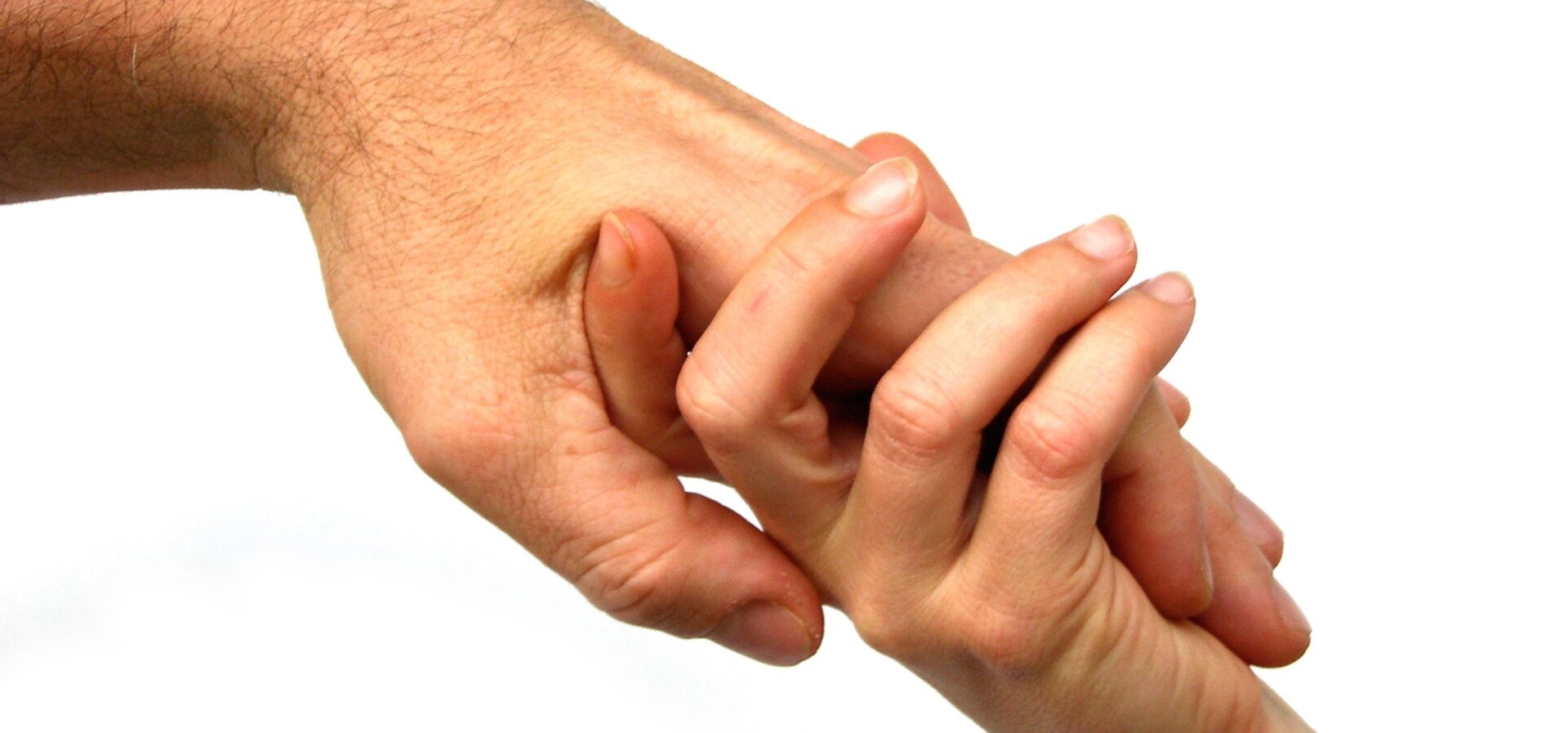How I Think About Giving on the Street

When it comes to our stories, most of us want to think of ourselves as people who are supportive of others. How much of your story involves giving to those in your community who are less fortunate? Many people don’t often ask this question of themselves until a stranger asks them for money. In that moment, they have to make a decision.
Shamans say that we live in ayni, or mutuality, with the earth and her creatures. We might experience illness, disease, and discord with others when we allow ourselves to be out of balance. In the modern world of cities, commerce, and capitalism, it can be difficult to see how to bring this principle of ayni into our everyday lives. In those moments when we are confronted with the imbalances in our world, we are challenged to stop and consider how we can bring balance.
What do we do when encountering someone who has no home, food, or money when we have all of that and more? Do we help the person individually? Is that how to practice ayni and bring harmony into the world in our small way?
Over the years, I’ve heard many reasons why people choose not to give to people on the street who ask for money. The reasons include:
- “If I give them money, they’ll just use it for drugs or alcohol. I don’t believe their stories of needing money for transportation, a room, or food.”
- “I may catch something, so I shouldn’t get too close to homeless people.”
- “Maybe these people are dangerous and will try to rob me.”
- “If they really tried and worked hard, these people on the street could change their circumstances.”
- “They don’t really deserve help–they haven’t earned it, and my giving will just keep them from getting their lives back together.”
In the past, I’ve had similar reactions. Never having lived on the street, I found it difficult to understand how someone could end up in the position of not having shelter and needing to ask strangers for spare change. The unfairness of life gnawed at me, but not knowing how to respond to it, I often walked on and willed myself to ignore the imbalance between my situation and that of the person who had just asked me to spare some change. But now when I walk down a street in Chicago near my office and someone asks me for money, I give some. I don’t subscribe to many of my past preconceptions anymore. Even if some are true, I choose to give anyway. When I think about this choice, I recall what Jesus taught about helping people who are in need. He didn’t ask about their worthiness or how they got to where they are. He simply said to help people who need help.
Perhaps we achieve ayni by becoming conscious of imbalances and in the moment when confronted with the possibility of bringing love into a situation, we recognize its power to bring healing and balance. Each small act of love can tip the scales further toward a state of balance and harmony.
Over time, I have come to know some of the people to whom I’ve given money. I’ve offered them suggestions for job training or housing. I’ve told them about local churches that can give them support. Often, the people did not follow up on my attempts to help. Instead of feeling rebuffed or frustrated, I remind myself that many other people I know, including myself, don’t change very easily, even when it might be in our best interests to do so.
We may have many reasons for resisting change, including not knowing how to do it. It is not my job to fix the world, but it is my job to play some part in bringing it to a state of ayni.
So now I don’t try to change people I give to on the street. I just give them something positive in the form of money and a kind word that they otherwise wouldn’t have had. I let them decide how best to use what I give. My hope is that their lives will unfold in ways pleasing to them and Spirit.
How do you react to people who ask you for money? If giving on the street is something you never do, experiment with giving some spare change while also giving the person a silent blessing that his life might be changed for the better in some way. Experiment by giving some money while expressing kindness and compassion with your body language and perhaps your words, too. What might change in your story if you were to change how you react to people on the street asking you for money? How might you contribute to ayni, or reciprocity, if you were to start giving on the street to people who are in need?
You can learn more about transformation and how to change your story and your life by reading my books, including my newest book, Go Within to Change Your Life. They’re available at bookstores everywhere. All the proceeds for my book go to charities through The Greer Foundation. Learn more on my giving back page.

Carl
Carl Greer, PhD, PsyD, is a retired clinical psychologist and Jungian analyst, a businessman, and a shamanic practitioner, author, and philanthropist funding over 60 charities and more than 2,000 past and current Greer Scholars. He has taught at the C.G. Jung Institute of Chicago and been on staff at the Replogle Center for Counseling and Well-Being.
Sign up for announcements
Receive the latest announcements from Carl Greer and a FREE e-Book: 8 Steps to Change Your Life by Creating a New Story.
